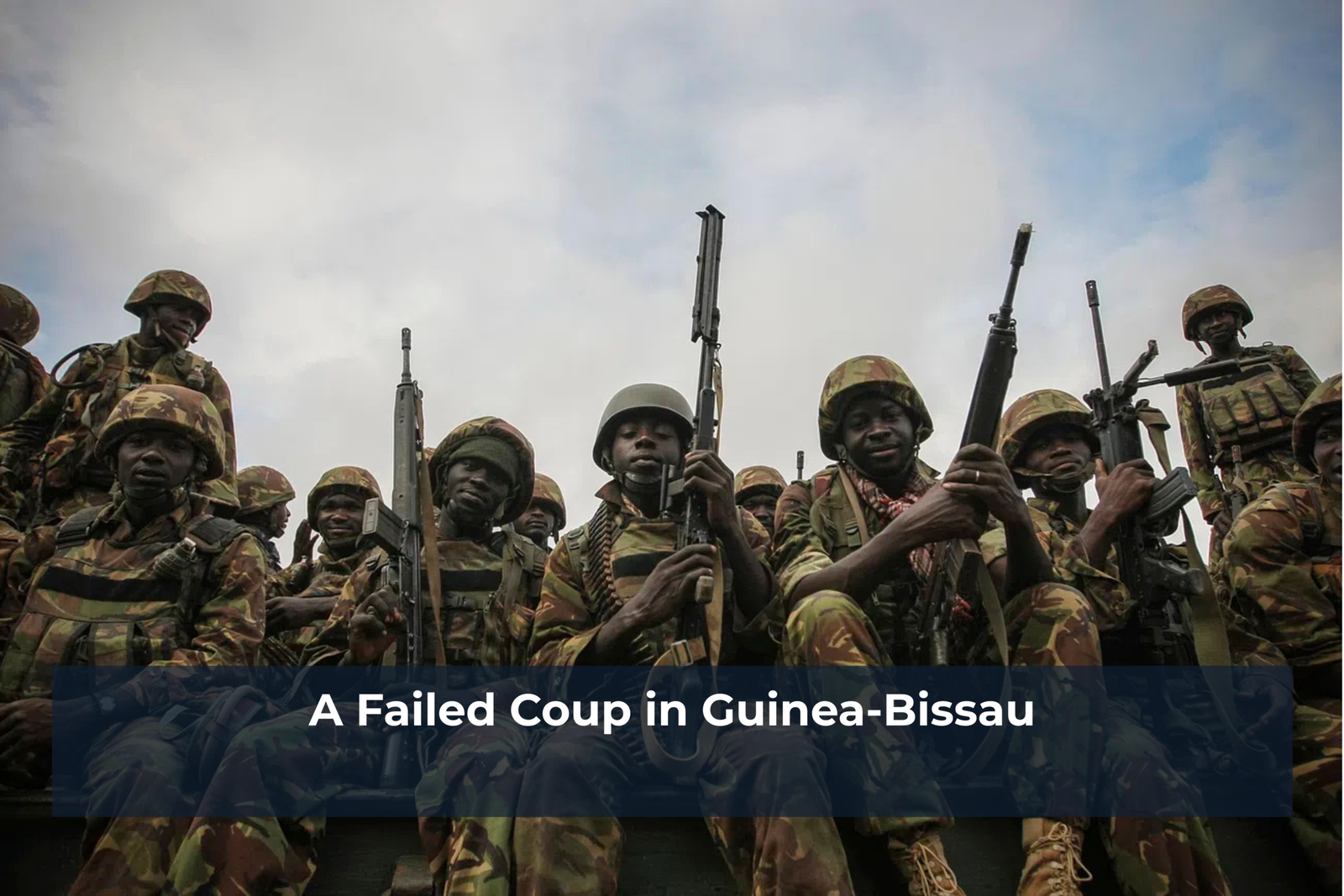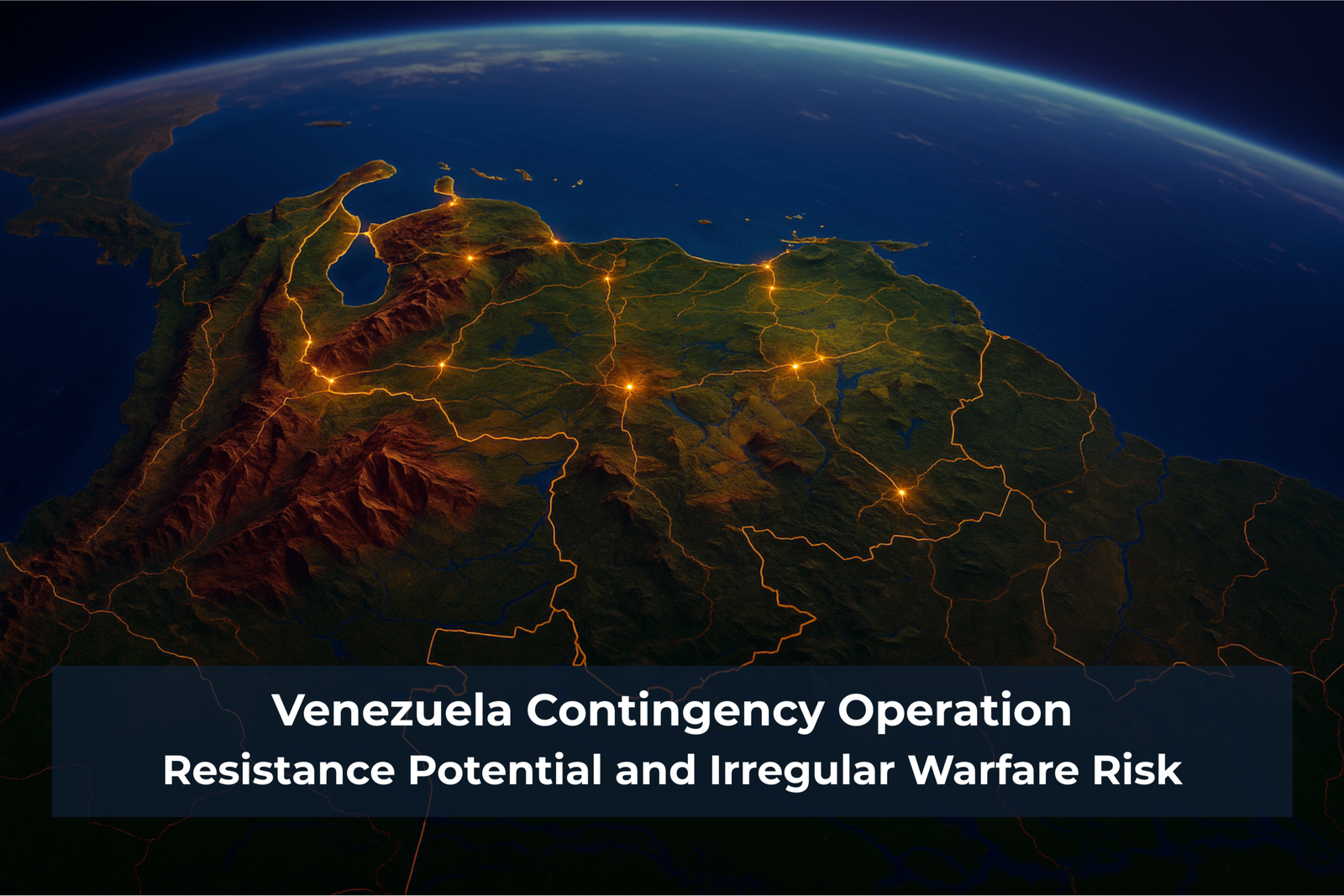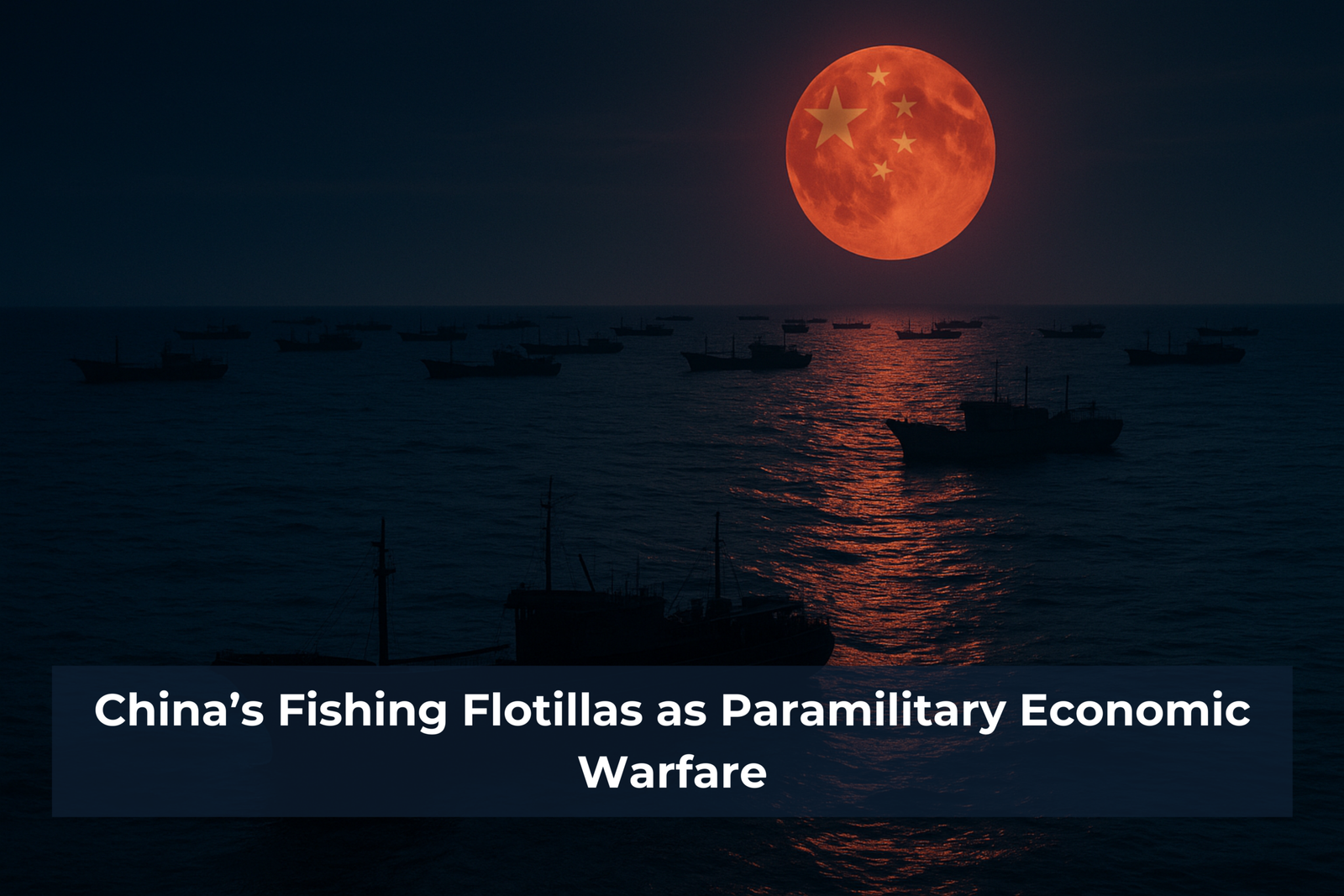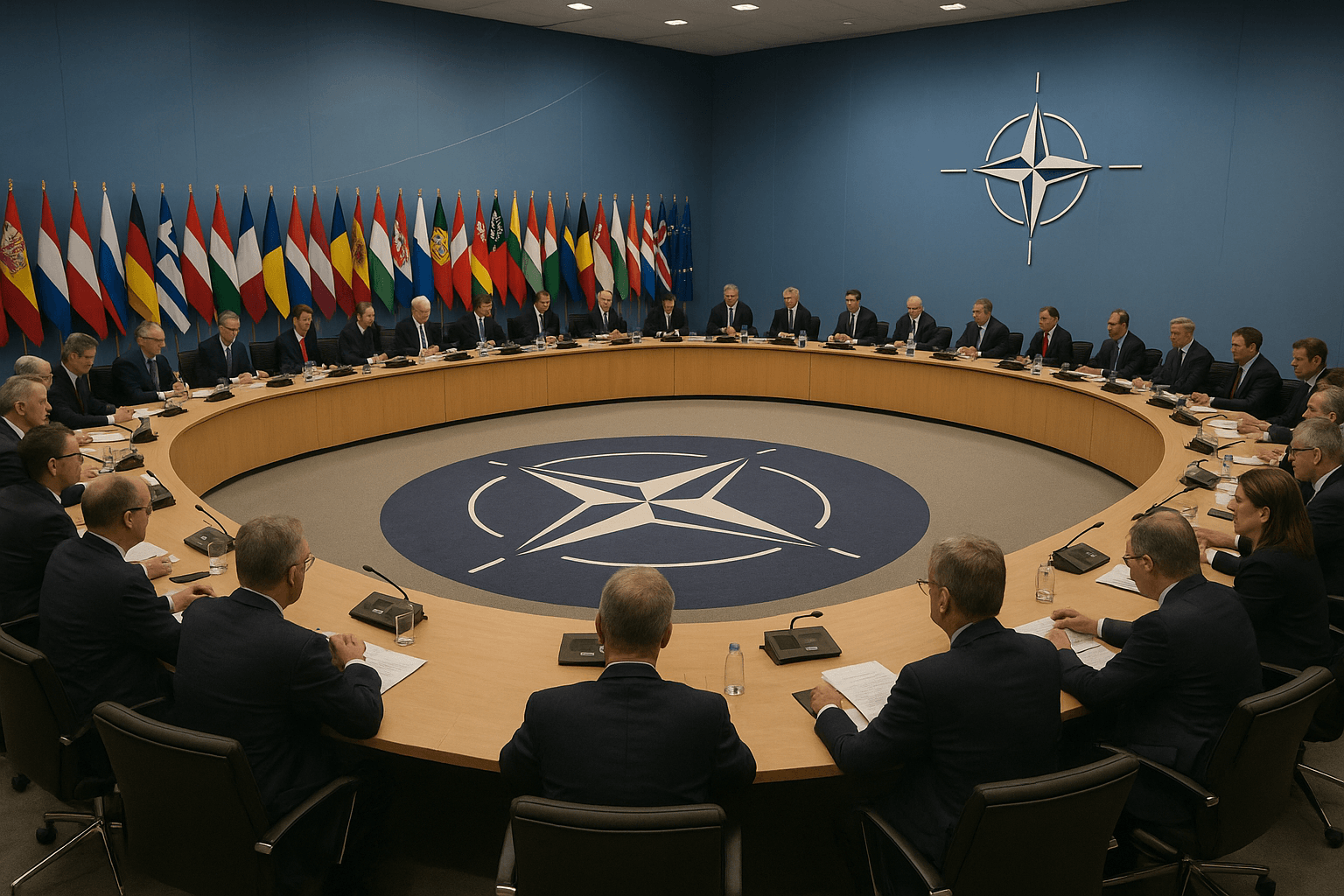Latest posts
A Failed Coup in Guinea-Bissau

Overview of the Events In late 2025, elements linked to the security services in Guinea-Bissau attempted to seize control of key state facilities in the capital, Bissau. The episode unfolded over a short time window and did not escalate into sustained fighting. Loyal units retained control of core government sites, and the attempt collapsed before
Venezuela Contingency Operation: Resistance Potential and Irregular Warfare Risk

Update (January 2026): In a major escalation of U.S.–Venezuelan tensions, U.S. special operations forces conducted a surprise military operation in early January 2026 that resulted in the capture and removal of Venezuelan President Nicolás Maduro and his wife from Caracas; both were transported to New York to face federal narco-terrorism charges. Maduro’s departure has created
The Knights Dilemma: Evolution of Elite Warfare

On October 25, 1415, in a muddy French field, the age of the knight began to die. The Battle of Agincourt was a collision of peak military capability, the feudal knight, and the battlefield introduction of cheap massed fires from the British longbow. Thousands of armored nobles, bound by centuries of skill, ritual, and pride,
China’s Fishing Flotillas as Paramilitary Economic Warfare

In the darkness of the eastern Pacific, a floating city of light drifts beyond Ecuador’s territorial waters. Hundreds of Chinese fishing vessels illuminate the horizon, their floodlights cutting through the night while satellite transponders flicker off one by one. To the untrained eye, this looks like ordinary commerce. To regional navies and maritime analysts, it
What Large States Can Learn from Small States’ Total Defense Strategies

When Size Stops Being an Advantage Large nations often assume that sheer volume ensures survival. They trust in their populations, economies, and geographic depth to absorb shocks. Yet the last decade has demonstrated that abundance can conceal fragility. Critical systems fail not from external invasion but from slow corrosion of coordination and trust. Small states
Political Will: The Secret Weapon in Great-Power Competition

The Fear That Governs Action Nuclear weapons define the outer boundary of great-power conflict, but it is not the warhead that decides whether a fighter jet is shot down or a convoy is struck. It is a matter of political will, the readiness of leaders, parliaments, and alliances to bear the risks of escalation. Capabilities
Irregular Warfare in the Arctic: Why the High North Matters

The Arctic was once dismissed as a frozen frontier. For centuries, thick ice and harsh conditions kept the region isolated from global competition. That insulation is disappearing. Climate change has reduced sea ice cover, making the High North more accessible than ever before. New shipping routes such as the Northern Sea Route along Russia’s Siberian








